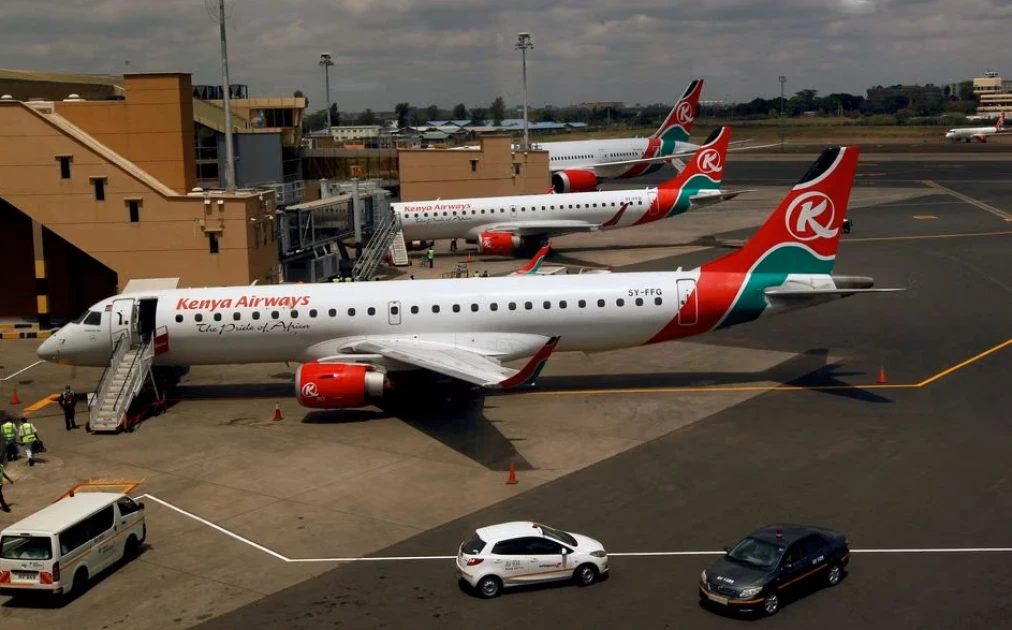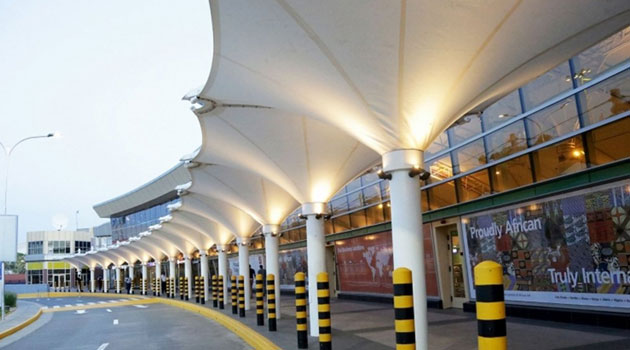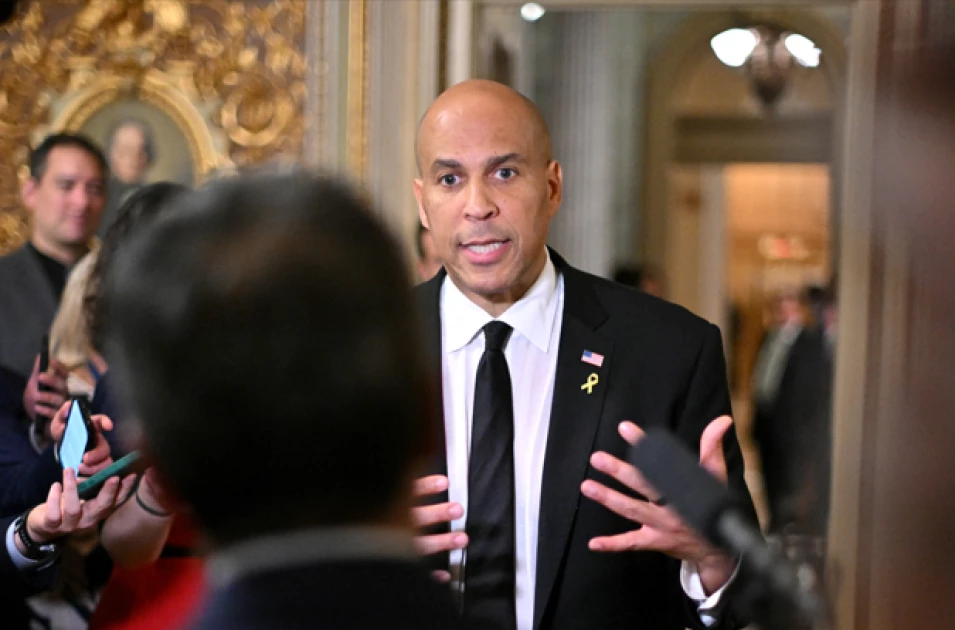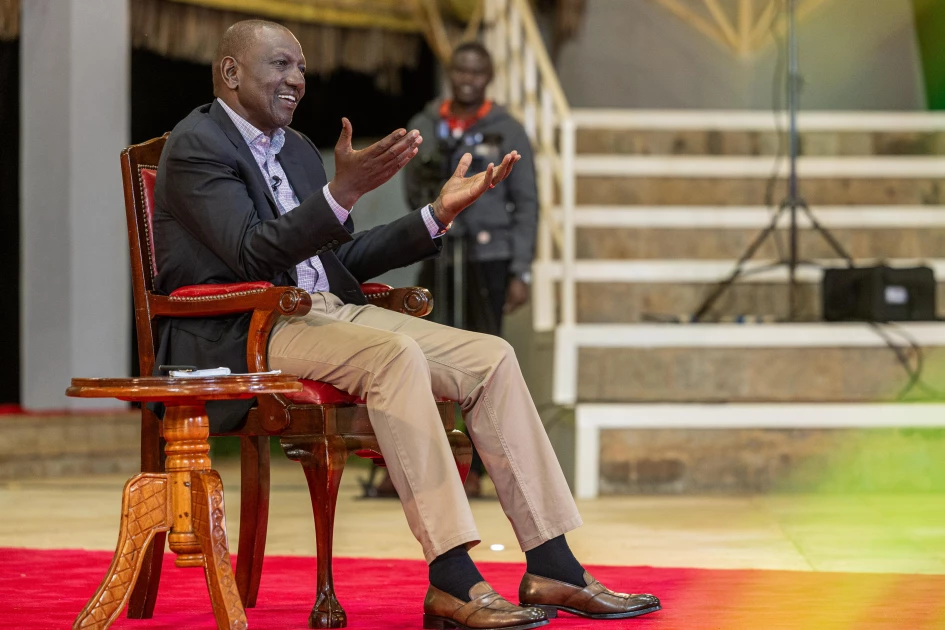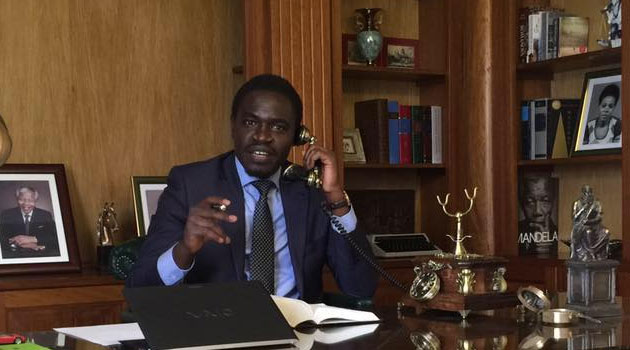By AFP
Chaos erupted at Kenya’s premier airport as aviation staff staged a dramatic strike early Wednesday in response to a controversial takeover bid by the Indian conglomerate, Adani Group.
Sources reported that Jomo Kenyatta International Airport (JKIA) came to a complete halt in the early hours of Wednesday. Airport management was scrambling to issue a statement as the situation unfolded.
The Kenyan Aviation Workers Union (KAWU) confirmed the strike began at midnight, sparking a series of disruptions.
Social media was flooded with images of overwhelmed passengers struggling to reclaim their baggage as the strike took hold.
The heart of the unrest is a proposed 30-year lease agreement with Adani Group, valued at $1.85 billion. Critics argue the deal threatens local jobs and undermines future profits from the airport, a vital asset contributing over five percent of Kenya’s GDP.
The Law Society of Kenya and the Kenya Human Rights Commission had secured a temporary injunction from the High Court on Monday, arguing that the deal lacked the necessary transparency.
The government, however, defends the agreement as crucial for the airport’s refurbishment. JKIA, one of Africa’s busiest hubs, handled 8.8 million passengers and 380,000 tonnes of cargo in 2022-23 but has faced frequent issues like power outages and leaking roofs.
Under the proposed agreement, Adani Group would add a second runway and modernize the passenger terminal, according to the Kenya Airport Authority.
The strike, which began after months of mounting tension, was a response to unresolved issues and failed negotiations between KAWU and government officials. The union has voiced concerns over potential job losses, the introduction of foreign workers, and the perceived decline in working conditions. They also demanded the resignation of the Kenya Airports Authority (KAA) Board of Directors and senior managers.
A temporary reprieve was granted when KAWU postponed the strike for seven days on August 31, following partial concessions from the KAA. However, dissatisfaction remained high, leading to the resumption of protests.
The High Court’s recent temporary halt on the Adani deal has only intensified the situation. Petitioners, including the Kenya Human Rights Commission and the Law Society of Kenya, argue that the deal compromises the principles of good governance and responsible public financial management.
Adani’s proposal includes significant upgrades to JKIA, such as a second runway and a new terminal, as part of a Sh246 billion (approximately $2 billion) contract. Despite the government’s insistence on the necessity of these improvements, citing the airport’s capacity strain, the controversy surrounding the deal continues to escalate.
As the strike unfolds, travelers are left stranded, with many resorting to alternative modes of transport. The future of JKIA remains uncertain as both sides navigate this high-stakes dispute.
